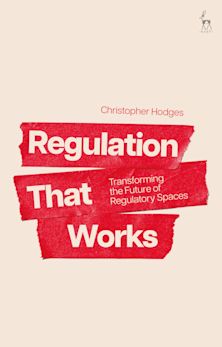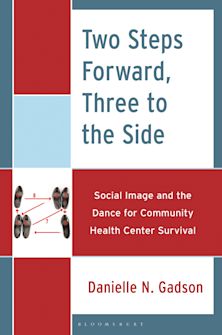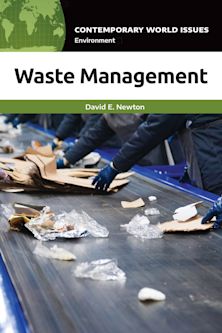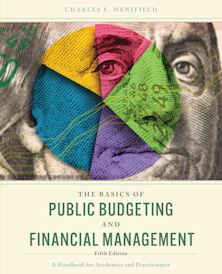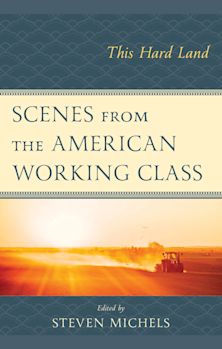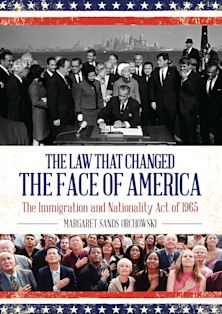- Home
- ACADEMIC
- Politics & International Relations
- Public Management, Administration and Policy
- The Myth of American Inequality
The Myth of American Inequality
How Government Biases Policy Debate
The Myth of American Inequality
How Government Biases Policy Debate
- Delivery and returns info
-
Free US delivery on orders $35 or over
You must sign in to add this item to your wishlist. Please sign in or create an account
Description
A Wall Street Journal Best Book of 2022: Politics • Winner of the 2024 Hayek Book Prize, Manhattan Institute
Everything you know about income inequality, poverty, and other measures of economic well-being in America is wrong. In this provocative book, a former United States senator, eminent economist, and a former senior leader at the Bureau of Labor Statistics challenge the prevailing consensus that income inequality is a growing threat to American society. By taking readers on a deep dive into the way government measures economic well-being, they demonstrate that our official statistics dramatically overstate inequality. Getting the facts straight reveals that the key measures of well-being are greater than the official statistics of the country would lead us to believe. Income inequality is lower today than at any time in post- World War II America. The facts reveal a very different and better America than the one that is currently described by policy advocates across much of the political spectrum. The Myth of American Inequality provides clear and convincing evidence that the American Dream is alive and well.
Table of Contents
Chapter 1: Every Official Measure Understates America’s Wellbeing
Chapter 2: Inequality in Producing and Consuming in America
Chapter 3: Poverty in America
Chapter 4: Trends
Chapter 5: Causes of Earned Income Inequality
Chapter 6: Measures of Wellbeing
Chapter 7: Super Rich
Chapter 8: Mobility
Chapter 9: Fifty Years of Growth
Chapter 10: Solutions
Bibliography
Appendices
About the Authors
Product details
| Published | Sep 15 2022 |
|---|---|
| Format | Hardback |
| Edition | 1st |
| Extent | 264 |
| ISBN | 9781538167380 |
| Imprint | Rowman & Littlefield |
| Illustrations | 16 tables; 28 graphs |
| Dimensions | 9 x 6 inches |
| Publisher | Bloomsbury Publishing |
About the contributors
Reviews
-
What makes this book an invaluable new resource for public policy and economic education is its focus on how the experiences of Americans of different living standards evolved over time and how earned income and consumption diverged for the poorest households. It traces improvements in the living standards of the poor to transfer programs, shows how taxation of the rich has flattened the distribution of consumption across households, and documents how measurement errors have distorted general beliefs about economic inequality.
But that’s not all. This book is written in straightforward American English, not in economic think-tank jargon. It shows clearly how each element of the analysis (taxation, transfers, inflation adjustment) contributes to its conclusions. Graphs and tables are comprehensive and comprehensible. The style is lively and lucid. The analysis probes deeply to demonstrate the robustness of its conclusions.
Most important, the authors don’t clutter their analysis with contentious approaches to measurement, and they limit their policy recommendations to those that flow self-evidently from the facts they document. It is encouraging that three disparate economists can together write an objective book about the measurement of living standards, poverty and inequality without engaging in partisan advocacy that undermines their findings.
The Myth of American Inequality will have a positive effect on the quality of policy discussions, and may well achieve its objective of changing the ways in which government agencies report information about American household income and consumption. At a time when partisan tribalism makes serious discussion almost impossible in Washington, this book shows that economics is still a powerful tool kit for informing and disciplining our thinking across the partisan divide.The Wall Street Journal
-
For an impeccably researched book that backs up... findings with overwhelming evidence, consult The Myth of American Inequality[.]
Forbes
-
Gramm, Ekelund, and Early are owed a debt of gratitude. With admirable clarity, their book demonstrates that the federal government egregiously overstates the degree of inequality and poverty in the world’s wealthiest nation. Skewed statistics have led to a skewed perception of life in America, and in turn to a skewed political debate on spending, taxing, and the social safety net. The Myth of American Inequality refutes the demagoguery, and convincingly shows that the gap between top and bottom is not wider than ever, but narrower.
The Boston Globe
-
There is much more in Myth of American Inequality, including a close look at the rapid turnover in America’s economic hierarchy. Gramm’s strongest policy recommendation is simply for Congress to fix how the government measures income. Even Democrats might find something to like: As things are currently reported, Joe Biden had to deal with headlines showing record-high inequality during his first year in office while he was shoveling trillions of dollars in additional transfer payments out the door. But a better reason to fix how we measure inequality is simply that it is better to tell the truth.
National Review
-
From all those lists of best books of 2022, here’s one with the potential to change public policy debate and discourse for the better.
Washington Examiner
-
Phil Gramm, a seasoned politician and accomplished economist, recognizes government statistics that misdescribe reality. He demonstrates that the nation's condition is much better than it is portrayed by numbers misused to advance political agendas. Thanks to Gramm's mind-opening book, facts—you remember them: they used to appear in political debates—might make a
comeback.George F. Will

ONLINE RESOURCES
Bloomsbury Collections
This book is available on Bloomsbury Collections where your library has access.












